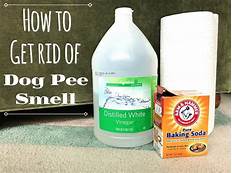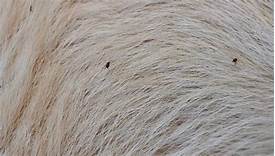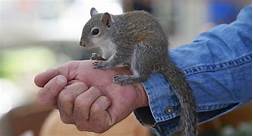How to Get an Owl for a Pet
Owls are fascinating and beautiful creatures, and it's no wonder why many people would love to have one as a pet. However, before you rush out and purchase an owl, it's important to do your research and make sure that you're prepared to provide the proper care for this unique animal.

Owls as Pets
Owls are not domesticated animals, and they can be challenging to care for. They have specific dietary needs, require a large amount of space, and can be destructive if they're not properly trained.
If you're thinking about getting an owl for a pet, it's important to be aware of the following:
- Owls are nocturnal animals, so they're most active at night. This means that you'll need to be prepared to take care of them during the evening and early morning hours.
- Owls are predators, and they need to eat a diet of live prey. This can be difficult to provide, and it's important to make sure that you have a reliable source of food for your owl before you bring it home.
- Owls are very territorial animals, and they can be aggressive if they feel threatened. This means that you'll need to provide your owl with a large enclosure that gives it plenty of space to move around.
- Owls can live for up to 30 years, so you'll need to be prepared to provide care for your owl for many years to come.
Choosing an Owl
If you're still interested in getting an owl for a pet, the next step is to choose the right owl for you. There are many different species of owls, and each one has its own unique personality and needs.
When choosing an owl, it's important to consider the following factors:
- Size: Owls come in a variety of sizes, from small owls that are only a few inches tall to large owls that can be over two feet tall. Choose an owl that is a suitable size for your home and lifestyle.
- Temperament: Some owl species are more docile than others. If you're a first-time owl owner, it's best to choose a species that is known for being gentle and easy to handle.
- Activity level: Owls are nocturnal animals, but some species are more active than others. Choose an owl that has an activity level that matches your lifestyle.
- Lifespan: Owls can live for up to 30 years, so make sure you're prepared to provide care for your owl for many years to come.
Caring for an Owl
Once you've chosen an owl, you'll need to provide it with the proper care. This includes:
- Diet: Owls are predators, and they need to eat a diet of live prey. This can be difficult to provide, but there are a few ways to do it. You can either purchase live prey from a pet store, or you can catch your own prey. If you choose to catch your own prey, make sure that you do so in a humane manner.
- Housing: Owls need a large enclosure that gives them plenty of space to move around. The enclosure should be made of sturdy materials that the owl can't easily escape from. It should also be well-ventilated and have a variety of perches and hiding places.
- Exercise: Owls need to be able to fly in order to stay healthy. Provide your owl with a large flight cage or aviary where it can fly around and exercise.
- Socialization: Owls are social animals, and they need to interact with other owls on a regular basis. If you only have one owl, you'll need to provide it with plenty of attention and interaction.
Declaration: All article resources on this website, unless otherwise specified or labeled, are collected from online resources. If the content on this website infringes on the legitimate rights and interests of the original author, you can contact this website to delete it.





